Materials Advances
An open access journal publishing across the breadth of materials science
Editors-in-Chief: Anders Hagfeldt and Jessica Winter
Open Access: Gold

Materials Advances is a venue for high-quality work for readers and authors in the materials chemistry community.
ISSN: 2633-5409
Indexed in: Directory of Open Access Journals (DOAJ), Scopus, Web of Science
Journal Impact factor
4.7 (2024)
First decision time (all)
30 days
First decision time (peer reviewed)
42 days
Scope
Published fortnightly, the journal accepts experimental or theoretical studies that report new understanding, applications, properties and synthesis of materials, building on and complementing the materials content already published across the Royal Society of Chemistry journal portfolio.
Submissions are initially assessed and taken through peer review by our high profile associate editors, all of whom also look after submissions to Journal of Materials Chemistry A, B & C. A single-anonymised peer review model is used and a minimum of two reviewer reports are required. Our editors are internationally recognised in their respective areas, and taking responsibility for these journals will ensure a common overview and consistent application of expertise – streamlining the assessment process for authors and reviewers.
Readership
Materials Advances is a core journal for academic and industrial scientists involved in materials research.
Information for authors
Want to publish in this journal? Our author guidelines explain how to prepare and submit your article and provide useful information on the review and publication process including transfers, revisions and any article processing charges (APCs) that may apply.
You can read our payments and funding information for further details about APCs, which may apply for publishing open access in this journal, as well available discounts and waivers.
You may be able to publish open access in this journal, with no APC to pay, if your institution has an open access agreement with us. You can use our journal finder tool to check for agreements between us and your institution.
Meet the team
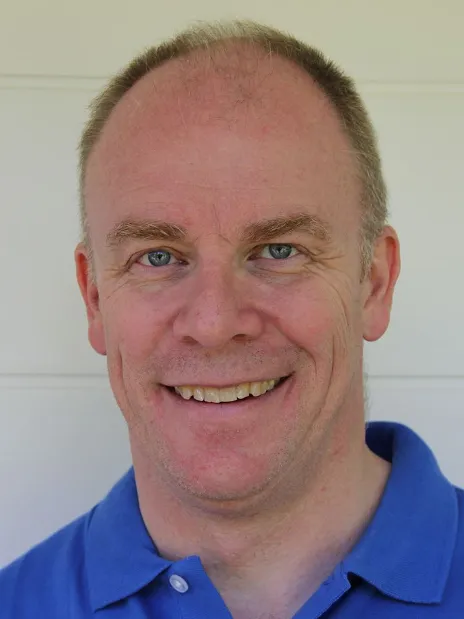



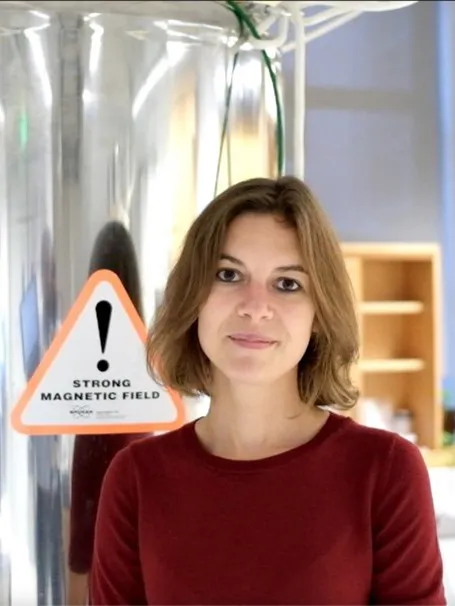

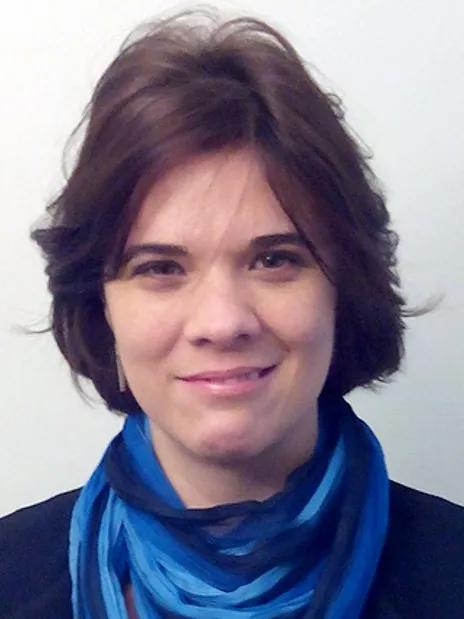

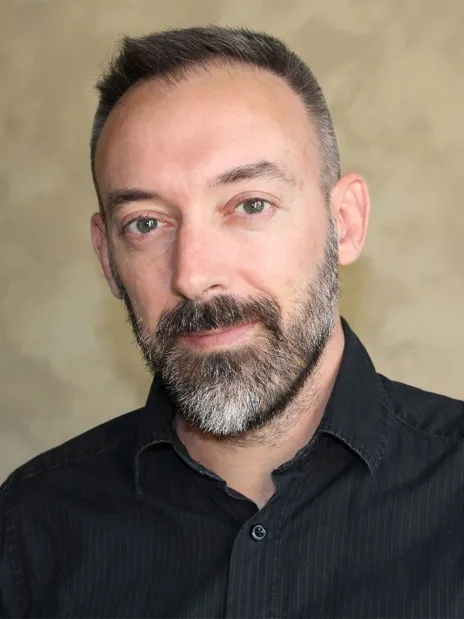

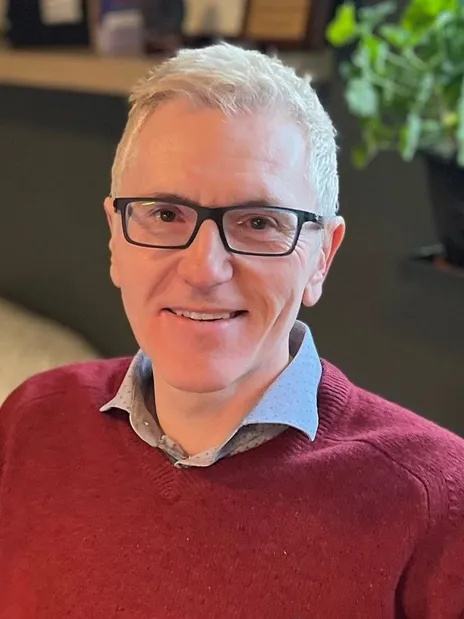
Antonio Facchetti
Associate Editor
Georgia Institute of Technology and Northwestern University
View profile
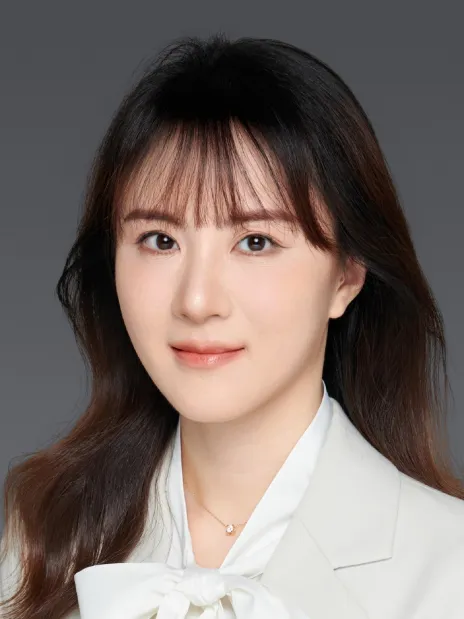


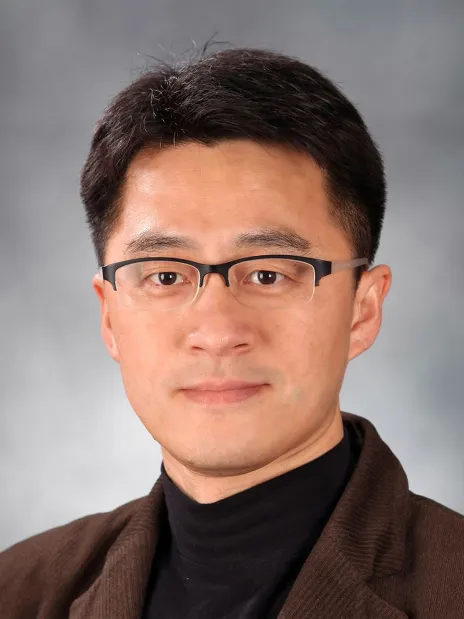
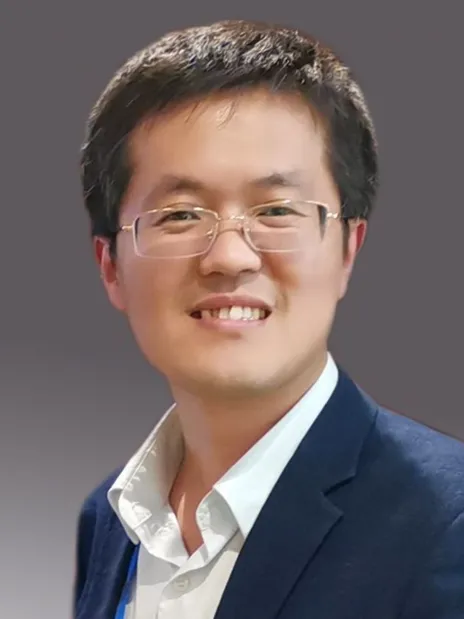
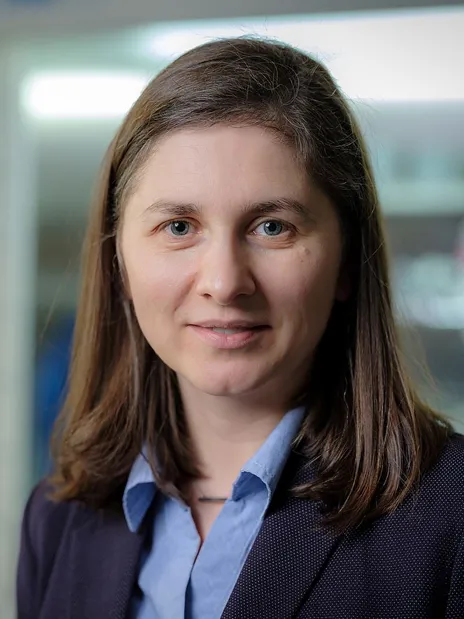
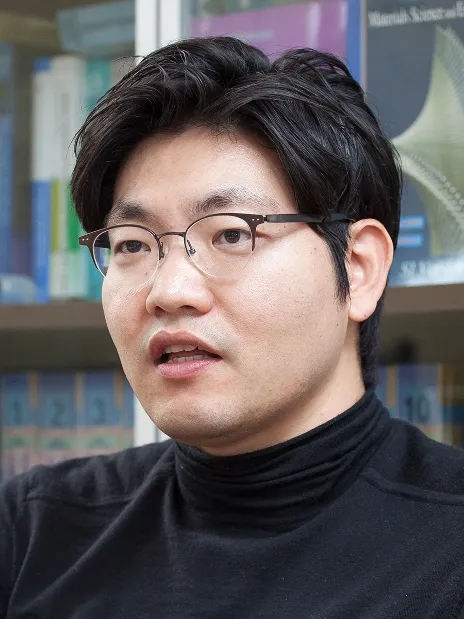

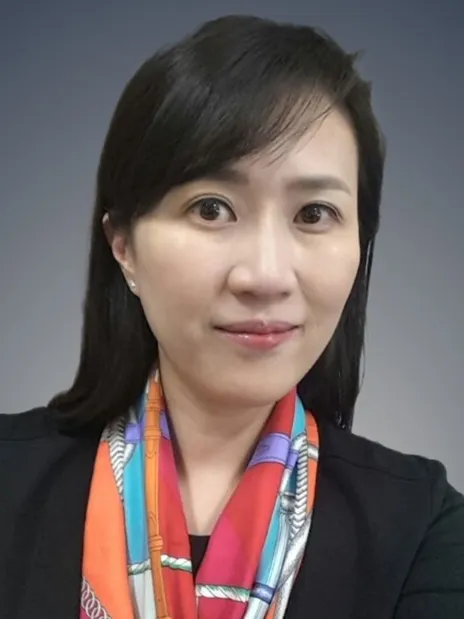


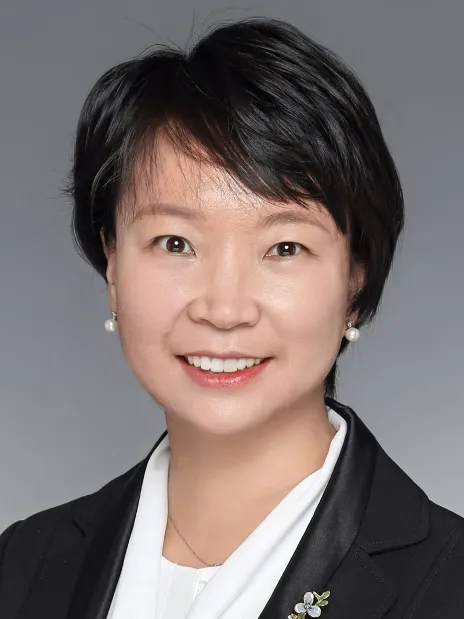




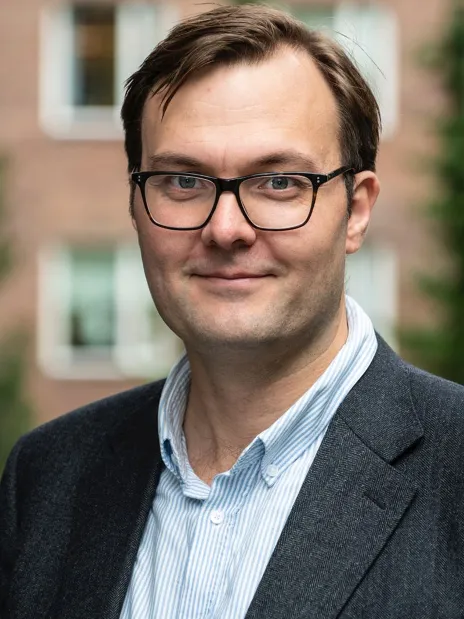

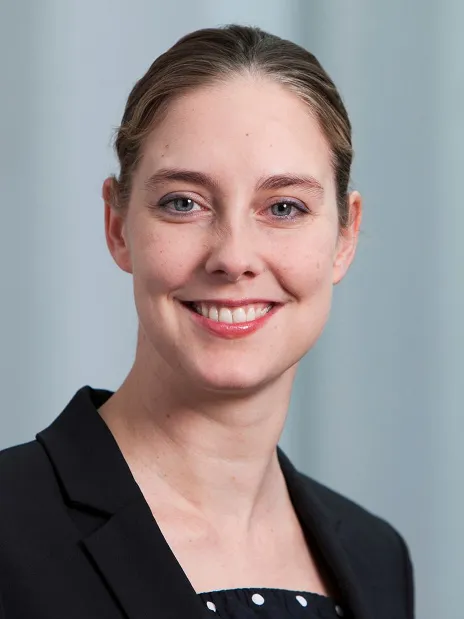



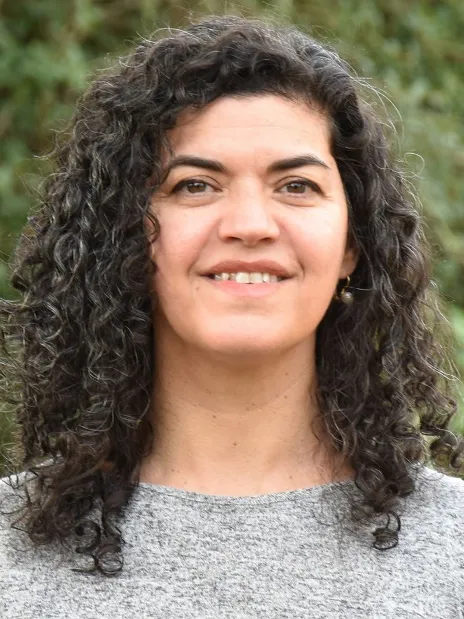



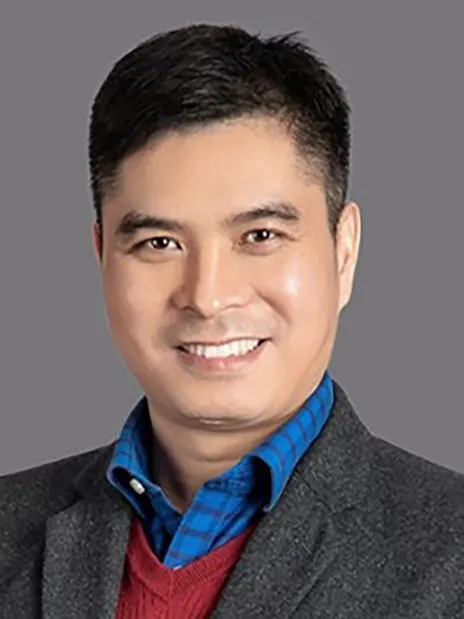
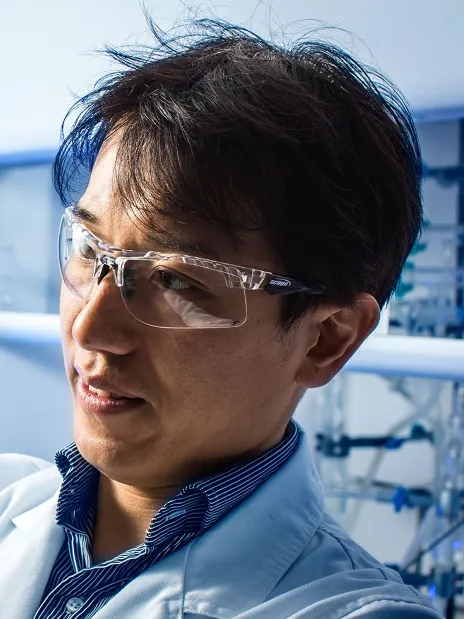



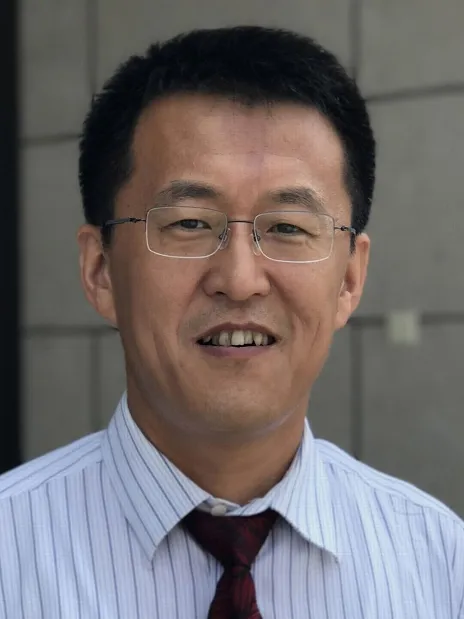
Rajeev Ahuja
Uppsala University
Jong-Beom Baek
Ulsan National Institute of Science & Technology (UNIST)
Zhenan Bao
Stanford University
Christopher Bettinger
Carnegie Mellon University
Kanishka Biswas
Jawaharlal Nehru Centre for Advanced Scientific Research
Edith Bucher
University of Leoben
Keith Butler
University College London
Paola Carbone
University of Manchester
Juan Casado
University of Malaga
Michael Chabinyc
University of California
Rajadurai Chandrasekar
University of Hyderabad
Arun Chattopadhyay
IIT Guwahati
Jie-Sheng Chen
Shanghai Jiao Tong University
Lin X. Chen
Northwestern University
Yen-Ju Cheng
National Chiao Tung University
Manish Chhowalla
University of Cambridge
Chunyan Chi
National University of Singapore
Laylay Chua
National University of Singapore
Will Chueh
Stanford University
Jeroen Cornelissen
University of Twente
Tatiana Da Ros
Trieste University
Przemek Data
Silesian University of Technology
Thomas Davis
Monash University
Tejal Desai
University of California
Fernando Dias
Durham University
Tomas Edvinsson
Uppsala University
Ying Fang
NCNST
Xinliang Feng
TU Dresden
Jurgen Fleig
Vienna University of Technology
Mihaela Florea
University of Bucharest
Ross Forgan
University of Glasgow
Marc Fourmigué
University of Rennes
Gitti Frey
Technion - Israel Institute of Technology
Jun Fu
Sun Yat-sen University
Aiko Fukazawa
Kyoto University
Giulia Galli
University of Chicago
Aharon Gedanken
Bar-Ilan University
Mark Green
King's College London
Melissa Grunlan
Texas A&M University
Kimberly Hamad-Schifferli
University of Massachusetts Boston
Brendan Harley
University of Illinois
Elizabeth von Hauff
Fraunhofer Institute for Electron Beam and Plasma Technology (FEP) and TU Dresden
Luis Hueso
CIC nanoGUNE
Sandrine Heutz
Imperial College London
Akon Higuchi
National Central University
Jiaxing Huang
Northwestern University
Cheol Seong Hwang
Seoul National University
Hiroshi Imahori
Kyoto University
Tatsumi Ishihara
Kyushu University
Professor Saiful Islam
University of Oxford
Yoshihiro Ito
RIKEN
Feng Jiao
University of Delaware
Emma Kendrick
University of Birmingham
Benjamin Keselowsky
University of Florida
Jayant Khandare
MIT WPU Campus
Bumjoon Kim
KAIST
April Kloxin
University of Delaware
Akiko Kobayashi
Nihon University
Anna Köhler
University of Bayreuth
Nicholas Kotov
University of Michigan
Ulrike Kramm
TU Darmstadt
Hua Kuang
Jiangnan University
Tetsuro Kusamoto
Osaka University
Jing Li
Rutgers University
Elizabeth Lipke
Auburn University
Monica Lira-Cantú
Catalan Institute of Nanoscience and Nanotechnology
Luis Liz-Marzán
CIC biomaGUNE
Maria Loi
University of Groningen
Jingshan Luo
Nankai University
David Lynn
University of Wisconsin
Edmond Dik-Lung Ma
Hong Kong Baptist University
George Malliaras
University of Cambridge
Hai-Quan Mao
Johns Hopkins University
Silvia Marchesan
University of Trieste
Seth Marder
University of Colorado Boulder
Kristyn Masters
University of Wisconsin-Madison
Marta Mas-Torrent
Institute of Materials Science of Barcelona
Iain McCulloch
Princeton University
Ali Miserez
Nanyang Technological University
Yogendra Mishra
University of Southern Denmark
Ellen Moons
Karlstad University
Christian Müller
Chalmers University of Technology
C. Buddie Mullins
University of Texas at Austin
Arun K. Nandi
Indian Association for the Cultivation of Science
Thuc-Quyen Nguyen
University of California Santa Barbara
Markus Niederberger
University of Zurich
Professor Rachel O'Reilly
University of Birmingham
Chinedum Osuji
University of Pennsylvania
Jianyong Ouyang
National University of Singapore
Angela Pannier
University of Nebraska
Ji-ho (Joe) Park
KAIST
Steve Parker
University of Bath
Professor Thomas Penfold
Newcastle University
Igor Perepichka
Silesian University of Technology
Sébastien Perrier
University of Warwick
Bruno G. Pollet
Norwegian University of Science & Technology
Xiaogang Qu
Changchun Institute of Applied Chemistry
Marina Resmini
Queen Mary University of London
Chad Risko
University of Kentucky
Neil Robertson
University of Edinburgh
Paolo Samori
Université de Strasbourg
Clara Santato
Polytechnique Montréal
David Scanlon
University of Birmingham
Zoe Schnepp
University of Birmingham
Udo Schwingenschlögl
King Abdullah University of Science and Technology
Laura Segatori
Rice University
Takeshi Serizawa
Institute of Science Tokyo
Roberta Sessoli
University of Florence
Zongping Shao
Curtin University
Youqing Shen
Zhejiang University
Yuichi Shimakawa
Kyoto University
Carlos Silva
Georgia Institute of Technology
Peter Skabara
University of Glasgow
Stephen Skinner
Imperial College London
Yanlin Song
Chinese Academy of Sciences
Sarah Staniland
University of Sheffield
Mihaela C. Stefan
University of Texas at Dallas
Nicole Steinmetz
University of California
Sarah Stoll
Georgetown University
Cheng-Yong Su
Sun Yat-sen University
Laura Suggs
The University of Texas at Austin
Shi-Gang Sun
Xiamen University
Madoka Takai
University of Tokyo
Johnna Temenoff
Georgia Institute of Technology
Venkataraman Thangadurai
University of Calgary
Patrick Théato
Karlsruhe Institute of Technology
Magdalena Titirici
Imperial College London
Jadranka Travaš-Sejdić
University of Auckland
Alessandro Troisi
University of Liverpool
Seung Uk Son
Sungkyunkwan University
Jan van Hest
Eindhoven University of Technology
Koen Vandewal
Hasselt University
Mengye Wang
Sun Yat-sen University
Christoph Weder
University of Fribourg
Chuanlai Xu
Jiangnan University
Yang Xu
University College London
Meidan Ye
Xiamen University
Yadong Yin
University of California Riverside
Anatoly Zayats
King's College London
Qiang Zhang
Tsinghua University
Qichun Zhang
City University of Hong Kong
Ni Zhao
The Chinese University of Hong Kong
X S (George) Zhao
University of Queensland
Gengfeng Zheng
Fudan University
Jie Zheng
University of Akron
Jeremy Allen
Executive Editor
Hannah Kerr
Deputy Editor
Rosie Hague
Editorial Assistant
Lilybelle Wyatt
Editorial manager
Zifei Lu
Assistant Editor
Ashley McGovern
Assistant Editor
Sean Browner
Assistant Editor
Paul Scott
Assistant Editor
Allison Holloway
Publishing Assistant
Neil Hammond
Publisher
Read this journal
Review article
Unveiling the synergy between plasma and metal–organic frameworks for next-generation materials: an overview
Paper
An outstanding, efficient visible-light-driven BiOI/LaCoO3 Z-scheme system toward cefixime degradation
Paper
Ionic liquid modified mesoporous silica nanocarriers for efficient drug delivery and hydrophobic surface engineering
Paper
Gallium-in-glycerol phase change material emulsions (PCMEs) with superior latent heat capacity and thermal conductivity
More from this journal
Contact the journal team
We're here to help. Contact the journal team if you have any questions about publishing your paper with us.
Sign up for journal email alerts
Get table of contents alerts and notifications about calls for papers, themed issues and more.
